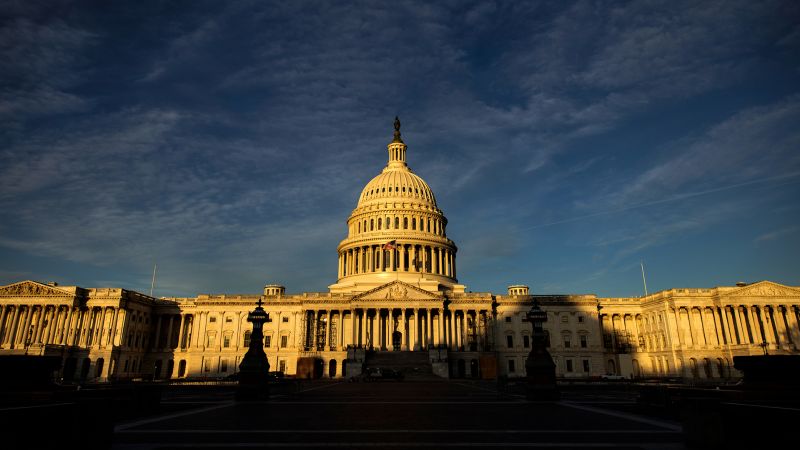Key takeaways:
- The repeal of the authorizations has been met with bipartisan support.
- The Iraq War began in 2003 and cost tens of thousands of lives and trillions of dollars.
- The repeal of the authorizations is a reminder of the importance of Congress’s role in declaring war and of the devastating costs of war.
The Senate on Wednesday took a major step towards ending one of the longest and costliest chapters in U.S. history, voting to repeal the 2002 authorization for the use of force in Iraq. The White House has expressed support for the measure, which would also repeal the 1991 Gulf War authorization for the use of military force.
The repeal of the authorizations has been met with bipartisan support, with Democrats and some Republicans in favor of the largely symbolic move. Advocates of the repeal say it is designed to reassert Congress’s authority to declare war in the future.
The Iraq War began in 2003 when President George W. Bush launched the invasion based on faulty intelligence. The conflict cost tens of thousands of lives and trillions of dollars.
The repeal of the authorizations is now headed to the House of Representatives, where it is expected to pass with bipartisan support. If it passes both chambers, it would mark a formal conclusion to the Iraq War.
The repeal of the authorizations is a major step towards ending the Iraq War, and a reminder of the importance of Congress’s role in declaring war. It is a reminder of the devastating costs of war, and of the need for careful consideration before entering into conflict.



Be First to Comment